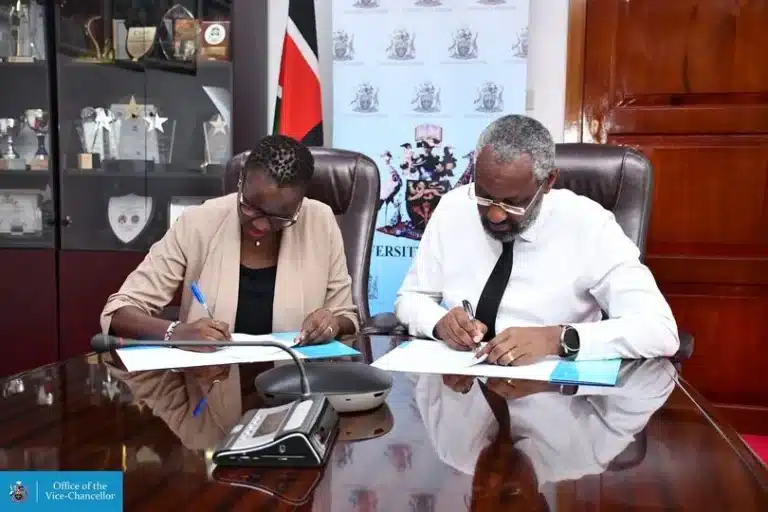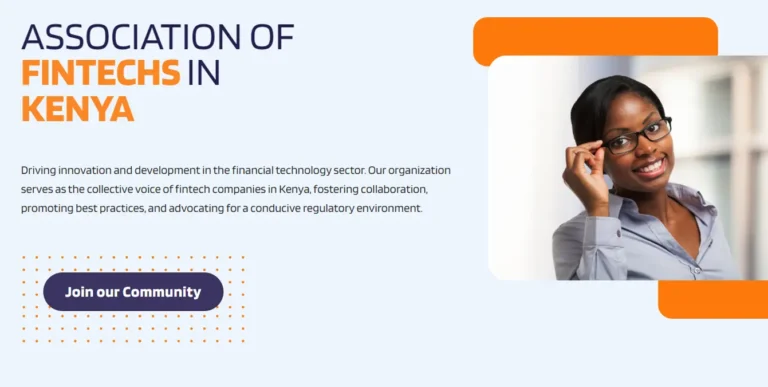Data annotation and model evaluation company Sama has partnered with the University of Nairobi to create jobs and increase talent in GenAI. This strategic partnership will help give UoN students and faculty practical experience in working on Sama’s AI projects, gaining appropriate skills in the evolving AI world.
Sama will provide training, equipment, and materials for which students and faculty will be allowed to use part-time on several AI projects. According to the UoN’s Vice-Chancellor, Prof Stephen Kiama, this partnership will present students with the possibility of engaging in the practical application of their acquired knowledge in the real world and hence enriching their learning towards being much more prepared to engage in the industry related to AI.
The partnership is in line with UoN’s plans to form an Artificial Intelligence School, which will equip a pool of competent human resources to work in tandem with machines in the future.
Sama, formerly known as Samasource, has been at the forefront in the AI area, offering employment and training to thousands. In 2019, Sama partnered with Facebook to set up a content review centre in Nairobi, hence creating work opportunities for varied numbers of individuals. Since its inception, one of the major goals of the company has always been geared toward harnessing technology and private sector practices in increasing access to work and job training with the aim of ending global poverty.
In the recent past, Sama has grown its operations across the world—with AI Development Centers in Canada, delivery centers in Uganda, to mention a few—and supplies high-quality training data for AI models to more than 25% of Fortune 50 companies.
Sama, however, has been under some fire, such as the lawsuit from her previous employee Daniel Motaung. Motaung claimed he suffered PTSD as a result of the graphic content he moderated while working for Sama. This is just one case, among many more that indicates the demand for ensuring better mental health support on content moderators.
Despite all the past tribulations, Sama has continued to believe in the potential of Business Process Outsourcing (BPO) in Kenya. It has expanded its data annotation services to now include computer vision data labeling for AI and machine learning models. The quality talent has according to Annepeace Alwala, Sama’s Vice President of Global Delivery, placed the firm top in data annotation market in Kenya.
Sama’s expansion is in line with the projections made by BPO Association of Kenya, which was to create more than one million jobs and huge revenue. According to Wendy Gonzalez, Sama’s CEO, Kenya has huge potential in the global BPO market due to its skilled manpower and multilingual capabilities.
Sama has also gained recognition for social impact by becoming the first AI training data company to achieve B Corp Certification. That confirms Sama’s commitment to creating positive impacts for employees, communities, customers, and the planet.
This, therefore, becomes a major step in partnership toward bridging the digital divide and developing AI talents within Kenya. Excited to say, Annepeace Alwala noted Sama’s partnership with UoN, reiterating its commitment to driving innovation and creation of opportunities for the young in AI.
The support is tied to the Bottom-Up Economic Transformation Agenda aimed at uplifting communities, nurturing talents, and placing Kenya along the global AI value chain.








